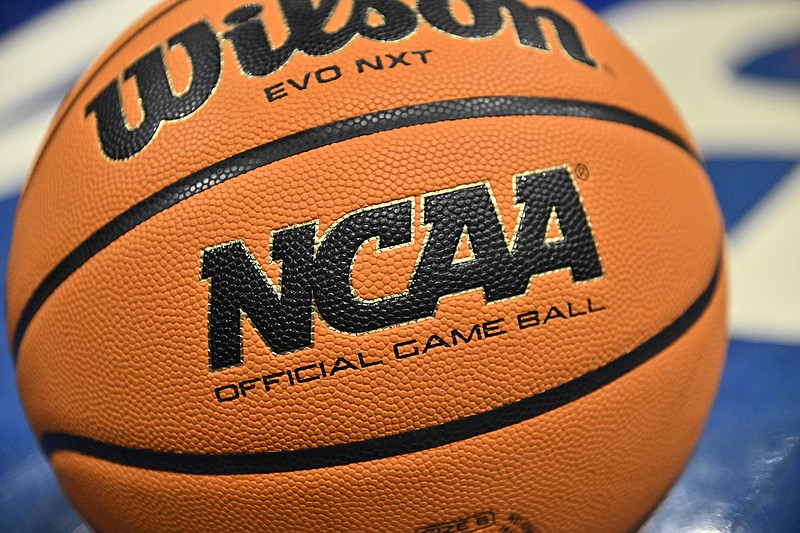INDIANAPOLIS — Schools facing NCAA infractions cases could ensure they avoid postseason bans if they show "exemplary cooperation" with investigators under a proposal before the NCAA Division I Council.
The NCAA announced Thursday the proposal would define "exemplary cooperation" more clearly while establishing its impact on possible penalties. The NCAA said that impact would include removing a postseason ban from the table for the majority of schools. The policy would take effect Aug. 1 if the council approves it in June.
"Full cooperation is already an expectation of all members of our association," said Geoffrey S. Mearns, the president of Ball State University and the chair of the committee that introduced the proposal. "But by providing specific information about how an institution can demonstrate exemplary cooperation, and by providing clear incentives for that cooperation, we will expedite the fair resolution of infractions cases, which remains a priority for all Division I members."
The NCAA infractions process has become particularly confrontational in recent years. Two years ago, Mark Emmert -- the association's president at the time -- said investigations into several basketball programs were taking "way too long" under a protocol set up to handle complex cases through the Independent Accountability Review Panel, which has since been shelved.
Earlier this year, the University of Tennessee's chancellor ripped the association for investigating the school for potential recruiting violations related to NIL deals struck between athletes and a booster-backed organization; soon after, the attorneys general of Tennessee and Virginia won a court order to put the NCAA's NIL regulations on hold.
Some of the factors the infractions committee would consider in determining whether a school had provided "exemplary cooperation" would be volunteering all pertinent school and personal information that could be reasonably expected to help the process; identifying individuals to be interviewed who might not otherwise be known to enforcement staff; expending "substantial resources" to expedite the gathering of information; addressing violations through self-imposed penalties or corrective measures; and informing the enforcement staff of violations that might otherwise not be known.
If the infractions committee decides a school or party has demonstrated exemplary cooperation, the panel would reduce the case by one classification level. That would in turn reduce the potential penalty.
For all cases in which a school or party that isn't a repeat violator shows exemplary cooperation, the panel wouldn't hand out a postseason ban.
